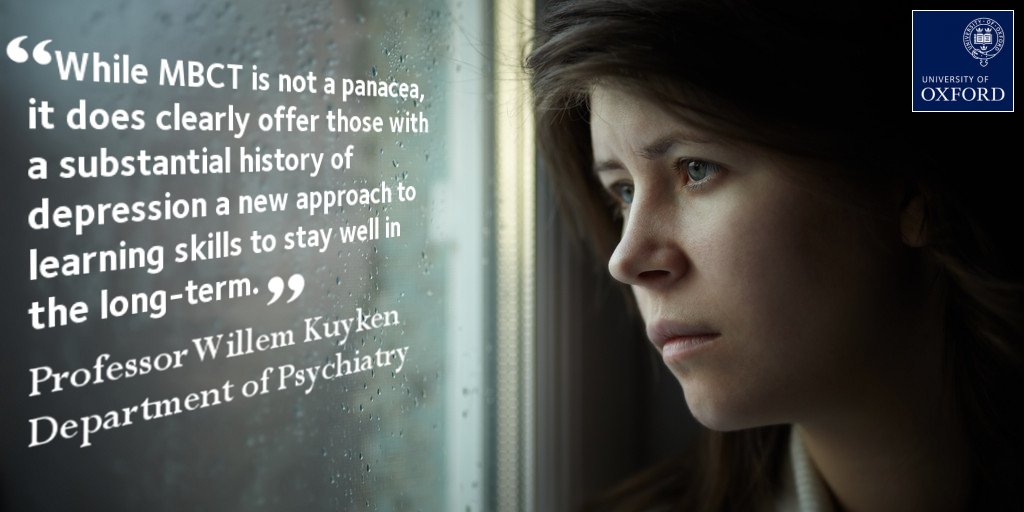When you sleep in unfamiliar surroundings, only half your brain is getting a good night's rest.
"The left side seems to be more awake than the right side," says
Yuka Sasaki, an associate professor of cognitive, linguistic and psychological sciences at Brown University.
The finding,
reported Thursday in the journal
Current Biology,
helps explain why people tend to feel tired after sleeping in a new
place.
And it suggests
people have something in common with birds and
sea mammals, which frequently put half their brain to sleep while the
other half remains on guard.
Sleep researchers discovered the
"first-night effect" decades ago, when they began studying people in
sleep labs. The first night in a lab, a person's sleep is usually so bad
that researchers simply toss out any data they collect.
But
Sasaki wanted to know what was going on in the brain during that first
night. So she and a team of
researchers studied the brain wave patterns
of 35 Brown University students.
The team measured something
called slow-wave activity, which appears during deep sleep. And they
found that during a student's first night in the lab, slow wave activity
was greater in certain areas of the right hemisphere than in the
corresponding areas of the left hemisphere.
After the first night, though, the difference went away.
To
confirm that the left side of the brain really was more alert, the team
did two other experiments. First, they had the sleeping students listen
to a repeated standard tone followed by a single tone of a different
pitch.
When someone is awake or sleeping lightly, the brain
responds to this "deviant tone." And the students' brains did respond —
but only on the left side.
Then the researchers played a sound
loud enough to wake someone who was sleeping lightly. And they found
that students woke up faster when the sound was played into the right
ear, which is connected to the left side of the brain.
The ability to rest just one side of the brain has never been demonstrated in people before, says
Niels Rattenborg,
leader of the avian sleep group at the Max Planck Institute for
Ornithology in Seewiesen, Germany. But he says it's a trick many animals
can do.
"We've known for quite a while that some marine
mammals like dolphins and some of the seals as well as many birds can
sleep with one half of the brain at a time," he says.
A few years ago, Rattenborg did an
experiment
with ducks that suggests at least one way in which half-brain sleeping
provided an evolutionary advantage. The experiment involved putting
ducks in a row, literally, and watching them sleep.
Rattenborg
found that ducks with a bird on either side of them put their entire
brain to sleep and kept both eyes closed. "However, the ducks at the end
of the row slept more with one half of the brain at a time," he says.
"And when they did that they directed the open eye away from the other
birds, as if they were looking for approaching predators."
Predators
aren't a big problem for people these days. But
the human brain was
shaped during a time when nights were dark and full of terrors,
Rattenborg says.
"When we're sleeping in a new environment and
we don't know how many predators are around," he says, "it would make
sense to keep half the brain more alert and more responsive to bumps in
the night."
Sasaki says that brain response is involuntary and
there's nothing people can do to prevent it, even if they've just flown
in for a big presentation the next morning. So lots of coffee the next
morning.
Link:
http://www.npr.org/sections/health-shots/2016/04/21/474691141/half-your-brain-stands-guard-when-sleeping-in-a-new-place?utm_campaign=storyshare&utm_source=twitter.com&utm_medium=social#


